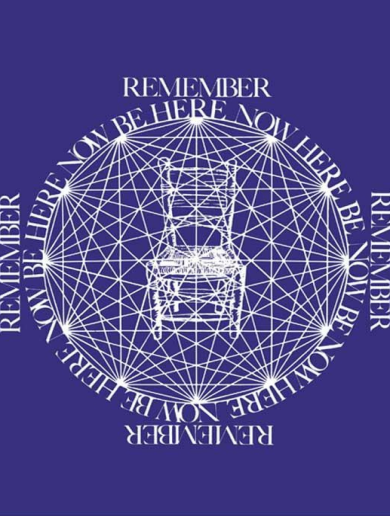
You are already everything you are seeking. Stop grasping. Stop becoming. Just be. Here. Now. The eternal present is not found in tomorrow’s success or yesterday’s regrets—it is this breath, this moment. When you quiet the mind, you hear the whisper of the divine in everything: a tree, a stranger’s smile, your own heartbeat. All paths lead inward. You don’t need to go to India. You just need to go within. That’s where freedom lives.
 Summary
SummaryBe Here Now is not just a book—it’s an experience, a spiritual manual, and a cultural phenomenon that has influenced generations since its publication in 1971. Written by Ram Dass (formerly Harvard professor Dr. Richard Alpert), the book charts his profound journey from academic psychologist to spiritual seeker, ultimately transforming into a devoted teacher of mindfulness, love, and presence.
The book is divided into four parts, each uniquely structured to take readers through the evolution of Ram Dass’s inner transformation.
Ram Dass begins with a raw, honest recounting of his early life as a psychologist at Harvard. Alongside Timothy Leary, he explored the effects of psychedelic substances like LSD in an effort to understand the mind and consciousness. But despite these experiments, he remained unfulfilled. It was only after traveling to India and meeting his guru, Neem Karoli Baba (Maharaj-ji), that Ram Dass experienced a spiritual awakening. This part is deeply personal and relatable—showing how even success and knowledge can’t satisfy the deeper yearning for truth.
This middle section is the most iconic: a graphic-heavy, stream-of-consciousness manual bursting with spiritual wisdom, mantras, and visual art. Each page is a meditative poster—designed to slow you down, challenge your thoughts, and pull you into the present. Teachings are drawn from Hinduism, Buddhism, Christianity, and Sufi traditions. Ram Dass emphasizes letting go of ego, surrendering to love, and living in the “here and now.” This section speaks directly to the reader’s soul, regardless of religion or background.
Think of this as the “how-to” section. Ram Dass provides spiritual practices, daily routines, breathing techniques, diet suggestions, yoga postures, and guidance on finding a teacher or community. It’s not dogmatic; rather, it’s a flexible guide to help anyone begin or deepen their own practice of mindfulness and spiritual living. His tone is gentle, loving, and humorous—encouraging, never commanding.
This final section includes quotes, writings, and references from various spiritual traditions. It shows that truth is universal and echoes across cultures and centuries. The title itself, “Painted Cakes Do Not Satisfy Hunger,” is a Zen saying reminding us that reading about truth isn’t the same as experiencing it.